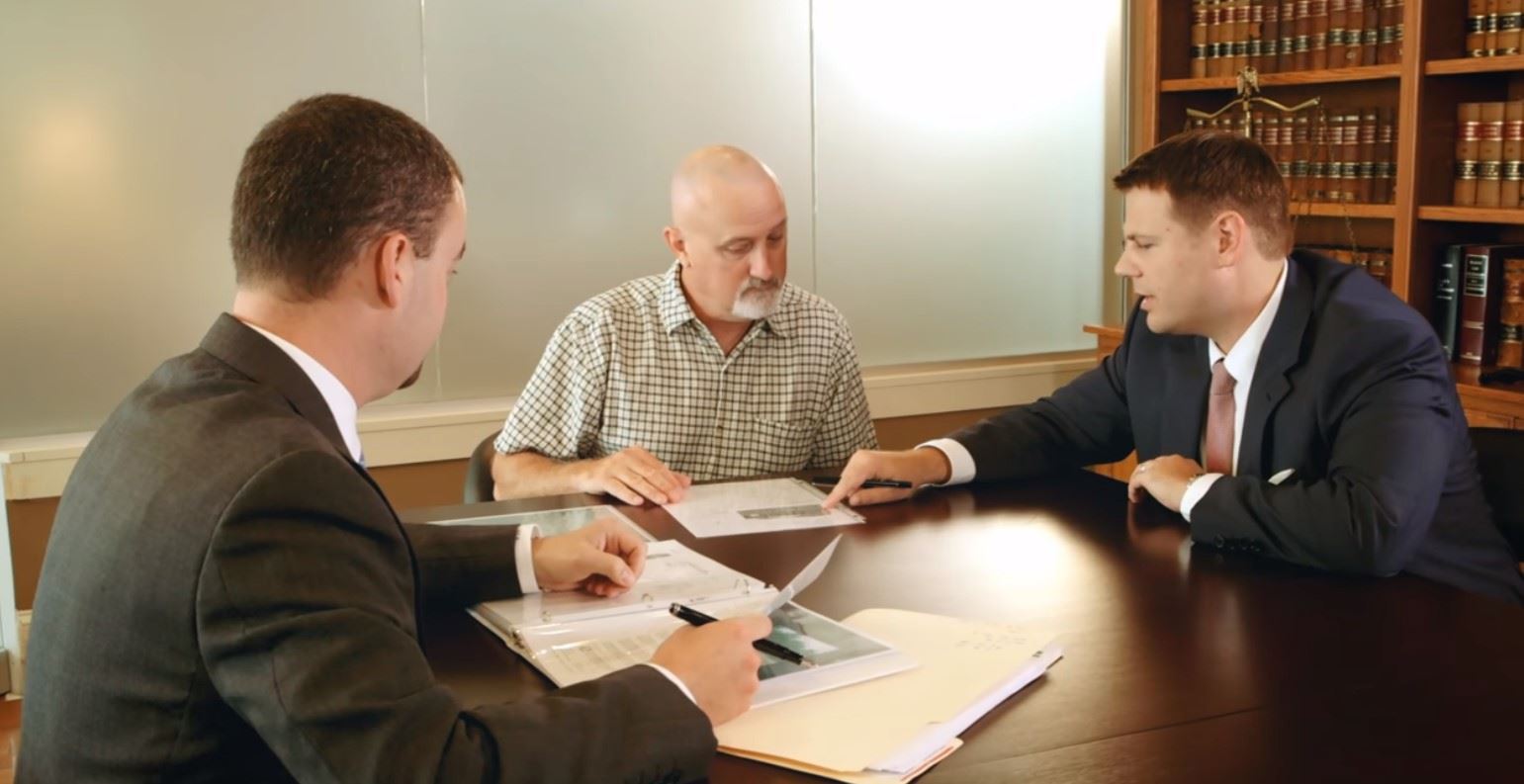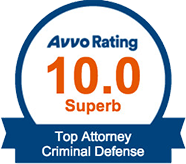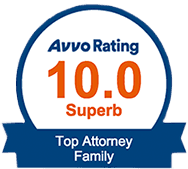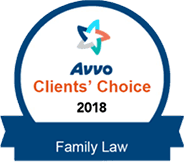
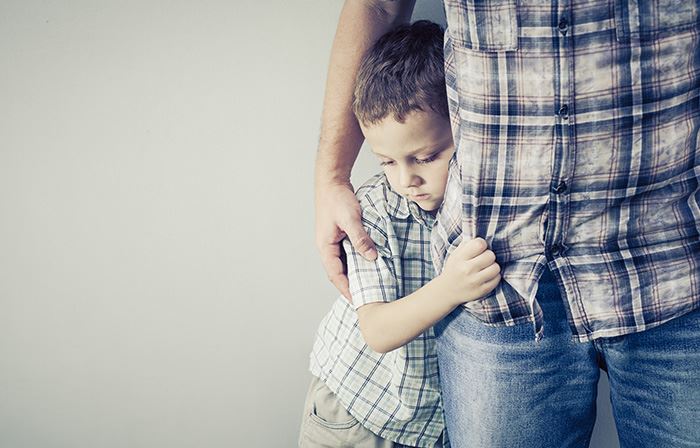
SUFFOLK CHILD CUSTODY ATTORNEY
Compassionately Assisting Clients With Custody & Visitation Matters in Virginia
In many divorces, one of the hardest challenges faced by couples is child custody and visitation. At times, a solution can be reached easily, and at other times, coming to a custody and visitation agreement can be difficult.
At Bush & Taylor, P.C., our Suffolk child custody lawyers have over 30 years of combined experience working with clients to represent the best interests of the child, as well as handling all types of custody and visitation matters.
How Does VA Determine the Child's Best Interests & Custody?
A court will award custody based on what is in the best interests of the child and will make the decision after listening to a variety of factors regarding each parent.
When determining the child’s best interests, a judge may consider:
- The age and mental condition of the child;
- The age and mental condition of each parent;
- The relationship between each parent and the child;
- The needs of the child and each parents’ ability to meet them;
- The willingness of each parent to actively support the child’s contact with the other parent;
- The willingness of each parent to cooperate and resolve disputes; and
- Any history of family abuse.
What is a Guardian Ad Litem?
The guardian ad litem is a licensed attorney who has the authority to speak directly to all parties and to the children, and who can call witnesses and present evidence at the trial of the case on the children’s behalf.
The Guardian also makes a recommendation to the court as to what they feel is in the child’s best interest. Hiring a lawyer such as the lawyers at Bush & Taylor who have a positive working relationship with the guardian ad litem in a particular child custody case is essential to obtaining a positive result.
Facing a child custody case or other family law matter in Virginia? Contact the Suffolk family lawyers at Bush & Taylor, P.C. to get started on your case today.
Is Virginia a Mother State?
Virginia law gives no preference to either the mother or the father. Child custody is determined by what the court considers to be the child’s best interests.
Types of Child Custody in Virginia
There are multiple forms of custody that can be awarded:
- Physical custody is when one parent has the legal right to have their child live with them. Many courts will award joint physical custody, where the child spends significant time with both parents and one parent acts as the custodial parent with primary physical custody, and the other non-custodial parent will have visitation and parenting rights.
- Legal custody of a child is when one parent has the right to make decisions on the child’s behalf about schooling, religious beliefs, medical care, and more. Courts can award joint legal custody, where both parents take part in making decisions for the child.
- Sole physical or sole legal custody of the child is when that parent will be the only parent who makes legal decisions for the child or has the child exclusively living with them. Sole custody is not as common, and it is generally only awarded when one parent causes direct harm to the child or when a parent is deemed unfit.
Establishing Visitation Rights in Virginia
A court can also establish visitation rights and what sort of visitation a parent will be able to have with their child.
The different forms of visitation are:
- Unsupervised visitation is the most common form of visitation, and it is when a non-custodial parent can take the child to his or her home, go on outings, or do various activities. Unsupervised visitation normally follows a schedule either decided by the parents or court system.
- Supervised visitation is when another adult must be present during the designated time. Sometimes, this adult may be a grandparent or it could be a social worker or court-appointed designee that will supervise the visit at a specified location.
- Virtual visitation is where visitation occurs electronically through video, instant messaging, or email.
What Age Can a Child Refuse Visitation in Virginia?
Although judges are required by Virginia law to factor in a mature child's preference when deciding child custody, the child can't legally refuse visitation with either parent until the age of 18.
How Is Supervised Vs Unsupervised Visitation Determined by The Court in VA?
In Virginia, the determination of whether visitation should be supervised or unsupervised is based on the best interests of the child. The court considers various factors to ensure that the child’s safety, welfare, and well-being are prioritized.
Factors considered by the court:
- Child’s Safety and Well-being: The primary concern is the child's physical and emotional safety. If there is a history of abuse, neglect, substance abuse, or mental health issues, the court may be more inclined to order supervised visitation.
- Parental Conduct: The behavior and conduct of the parent seeking visitation are closely examined. Evidence of violent behavior, criminal activity, or substance abuse can influence the court's decision.
- Child’s Age and Needs: Younger children or children with special needs may require more careful consideration. The court assesses the child's developmental stage and specific needs.
- Parent-Child Relationship: The existing relationship between the parent and child is considered. A positive and nurturing relationship may support unsupervised visitation, while a strained or problematic relationship might necessitate supervision.
- Previous Court Orders and Reports: Past court orders, social service reports, and recommendations from professionals (such as psychologists or social workers) play a significant role in the court’s decision-making process.
- Child’s Wishes: Depending on the child's age and maturity, their preferences may be taken into account. However, the child's best interests remain the overriding concern.
Process for Determination
- Filing for Visitation: A parent or guardian files a petition for visitation with the family court.
- Court Evaluation: The court reviews the case, considering all relevant factors and evidence presented by both parties.
- Investigations and Reports: The court may order investigations, home studies, or evaluations by child welfare professionals to gather more information.
- Hearings: Both parties present their arguments and evidence during court hearings. Witnesses, including professionals and sometimes the child, may testify.
- Court Order: Based on the findings, the court issues a visitation order specifying whether the visitation will be supervised or unsupervised, along with any conditions or stipulations.
Modifying Visitation Orders
Visitation orders can be modified if there are significant changes in circumstances. A parent can petition the court for a modification, providing evidence that the changes are in the child’s best interests. For example, if a parent overcomes substance abuse issues and demonstrates stable behavior, they might request a change from supervised to unsupervised visitation.
The determination of supervised versus unsupervised visitation in Virginia is a careful process aimed at protecting the child’s best interests, ensuring their safety, and promoting healthy parent-child relationships.
Contact Bush & Taylor, P.C.
Whatever your situation may be, our family law attorneys in Suffolk can help you resolve it. During an initial consultation, we can discuss all aspects of your situation with you and help you figure out your next best steps for moving forward.
To get started on your case today, contact us online or at (757) 926-0078. We also serve clients across Virginia Beach and Eastern Shore.
